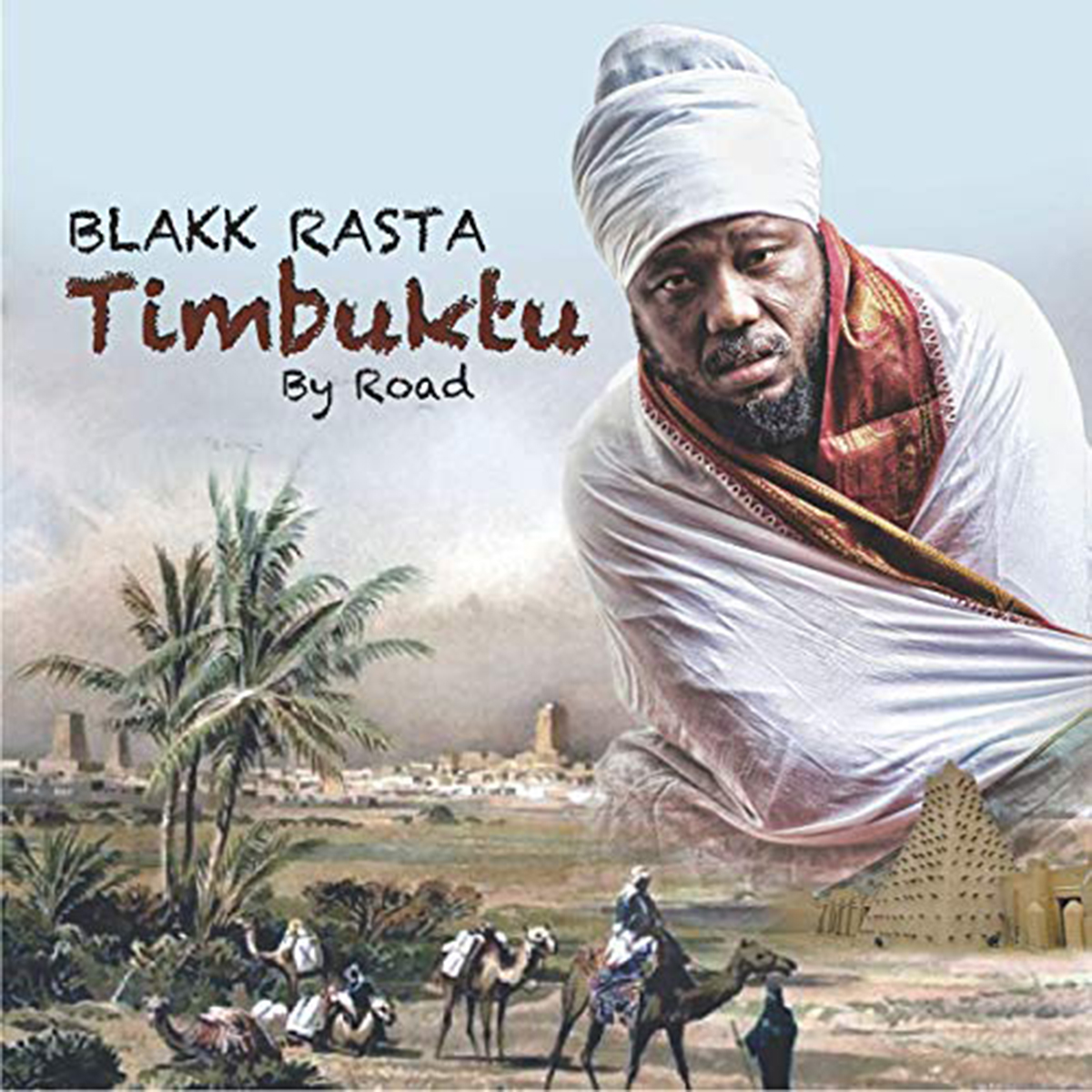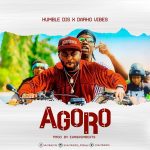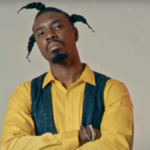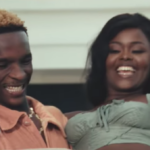Preaching societal attitudinal change amidst blatant international neo-colonialism bashing sung on melodious Kuchoko rhythms; Blakk Rasta’s Timbuktu By Road album establishes the artist as the “fighter” of our time.
This is evident in the album art of the album which has Blakk Rasta draped in white linen hovering above an artist impression of the ancient Mali empire.
Going by all these, you get to understand the running theme of Blakk Rasta Timbuktu By Road pseudo-reggae album.
Timbuktu By Road is a 32-track album that is divided into two sections; the Kuchoko and the Kuchoko Dance sections.
The strengths of the album are found in the Kuchoko section. A rapid take on what’s happening around us this side houses the reggae music that we all want from a Blakk Rasta album.
On the Kuchoko dance side, Blakk Rasta tries his hands-on dance songs by fusing Highlife, Hiplife and Traditional music with his reggae vibes. Admittedly, this section has its own audience with a song like Where Obama Dey being perfectly suited for Disco Music and EDM cultists.
The Kuchoko dance is good but the focus of this review is on the Kuchoko section – that section is what it is; hard-hitting, straight to the point and ear-pleasing Blakk Rasta really proved himself on those 16 songs i.e. if you had any doubts.
The first song, Dumb Trump, typifies what the album is all about in over 3 minutes.
Aptly produced with the sampling of a popular nursery rhyme, Dumb Trump packs the power of an Azumah Nelson punch, straight to the jaw of the American President.
Blakk Rasta, featuring Ras Boumba, doesn’t relax at all with his descriptions of Donald Trump. Aside from these, this song is fun to listen to and enjoyable as it could pass for a radio/tv morning show starter.
And the next song might just become the theme song for the legalization of Marijuana campaigners.
Titled Kofi Annan, the song talks about how the former Ghanaian UN Secretary-General pushed for the legalization of the plant to help boost the economy.
Blakk Rasta advocates for the fast legalization of it asking whether the Ghanaian government is ignorant about the positives from the plant.
What on the surface may have passed as a tribute to Kofi Annan, melodiously also asks why the government doesn’t want to empower the over 26million Ghanaians with wealth from the legalisation of marijuana?
On Jambari Zo, Ashei Lala and Racists In Uniform, Blakk Rasta’s running theme on Timbuktu By Road is evident with the instruments and the message of both songs.
Enjoyable as they are Blakk Rasta has craftily created a piece that should be used as a reference to the times that we lived in. future generations will listen to this album and fully understand what went on in our time.
This is the type of song that will be formally attached to Blakk Rasta’s legacy. In 50 years to come, the song Robert Mugabe will still be as important as music from Bob Marley.
Named after the first president of Zimbabwe, Blakk Rasta put together a piece that sounds similar to songs sung by Lucky Dube during the fight against apartheid by South Africans.
You might not pay attention to Mma Chebsi Ma, Sambisa Forest and Bye Bye Kimono, but they do their jobs of being songs that are well suited for an album.
Agyanka Ba is a song that should be popular with the song being released months before the Timbuktu By Road album release. On Agyanka Ba, Blakk Rasta addresses the everyday Ghanaian social issues on a song that will stick with you.
Crushed and feeling defeated, Blakk Rasta’s Jameela is a heartbreak song that could fit into the lovers’ rock description.
Almost similar to Jameela is Tears Keep Falling; harmonious in its arrangement with a blend of melodious instruments, this song is the radio song that the Ghanaian listener yearns for.
Without any doubt, reggae music has had an assertive 2019.
The albums by Samini, Blakk Rasta and Ras Kuuku have pegged the genre as one that is still influential in the Ghanaian music industry.
























